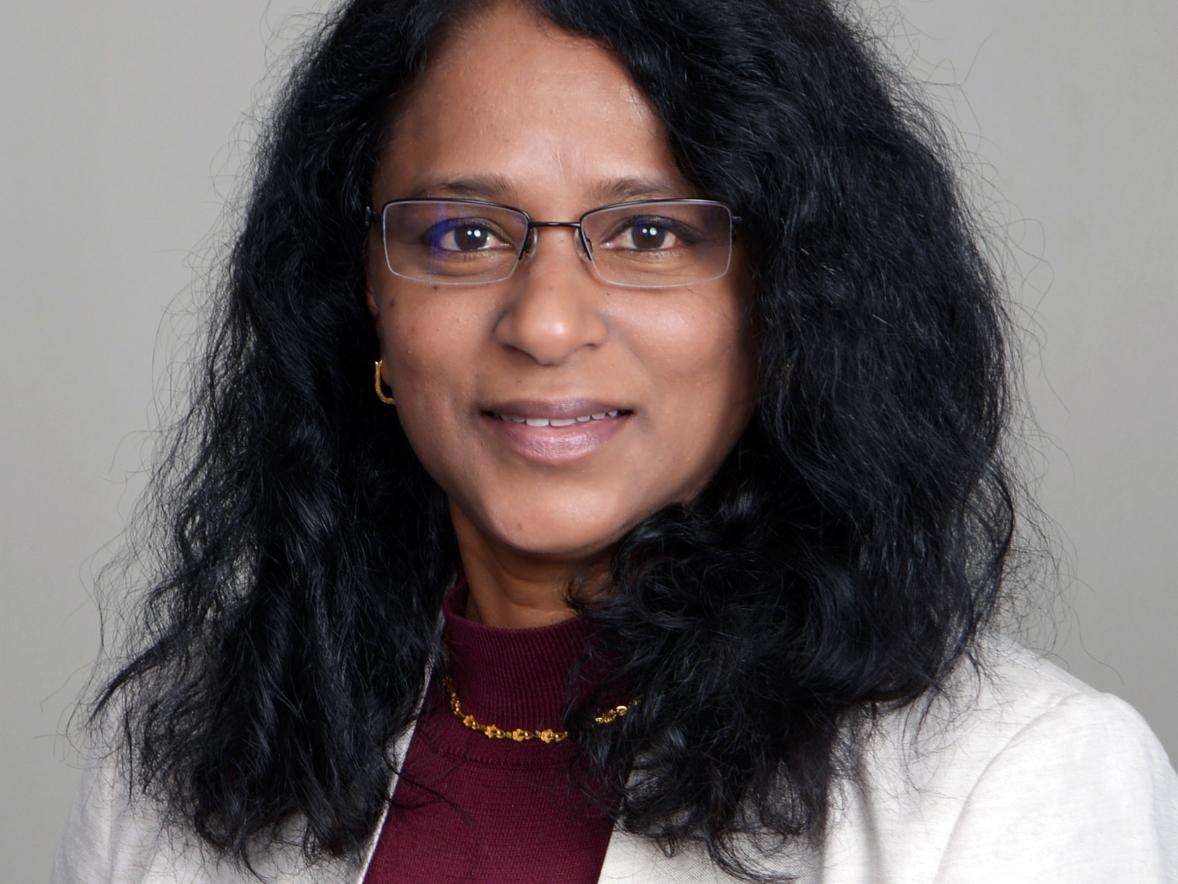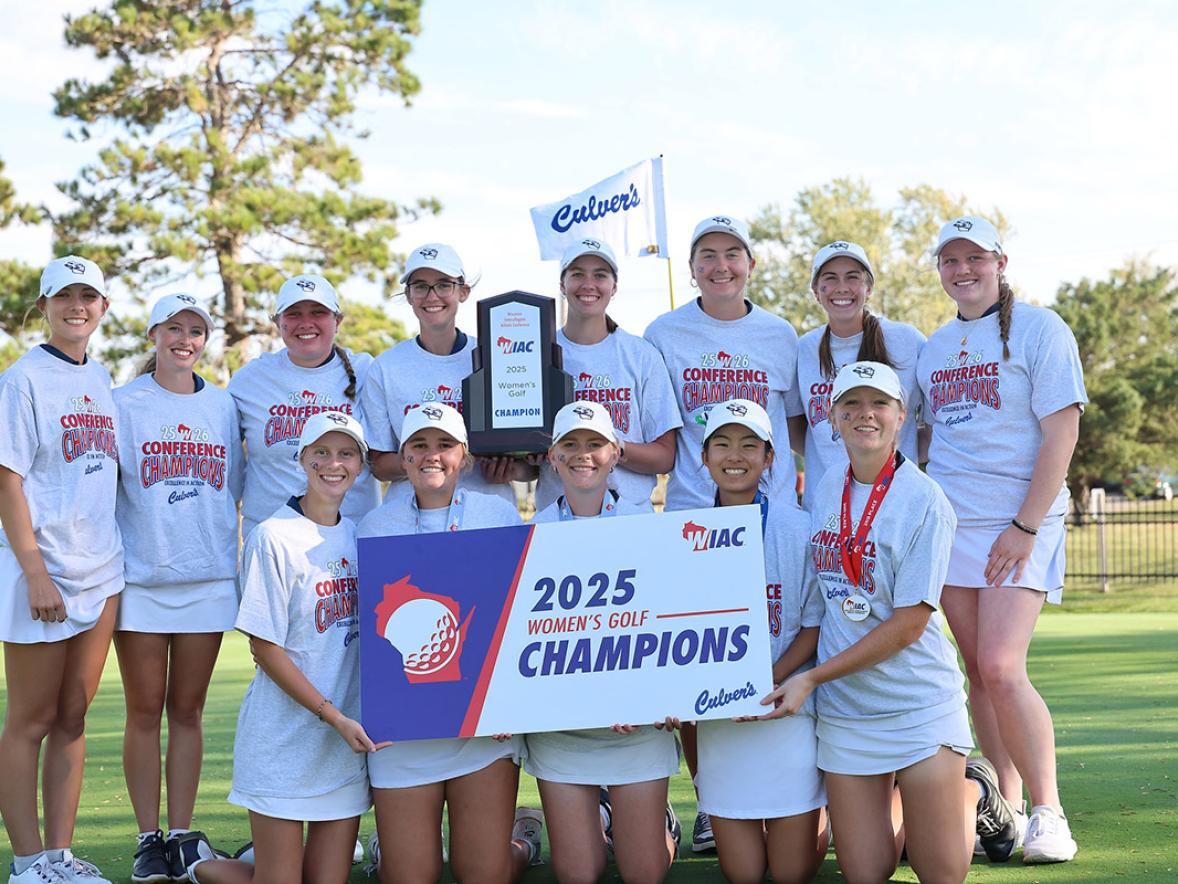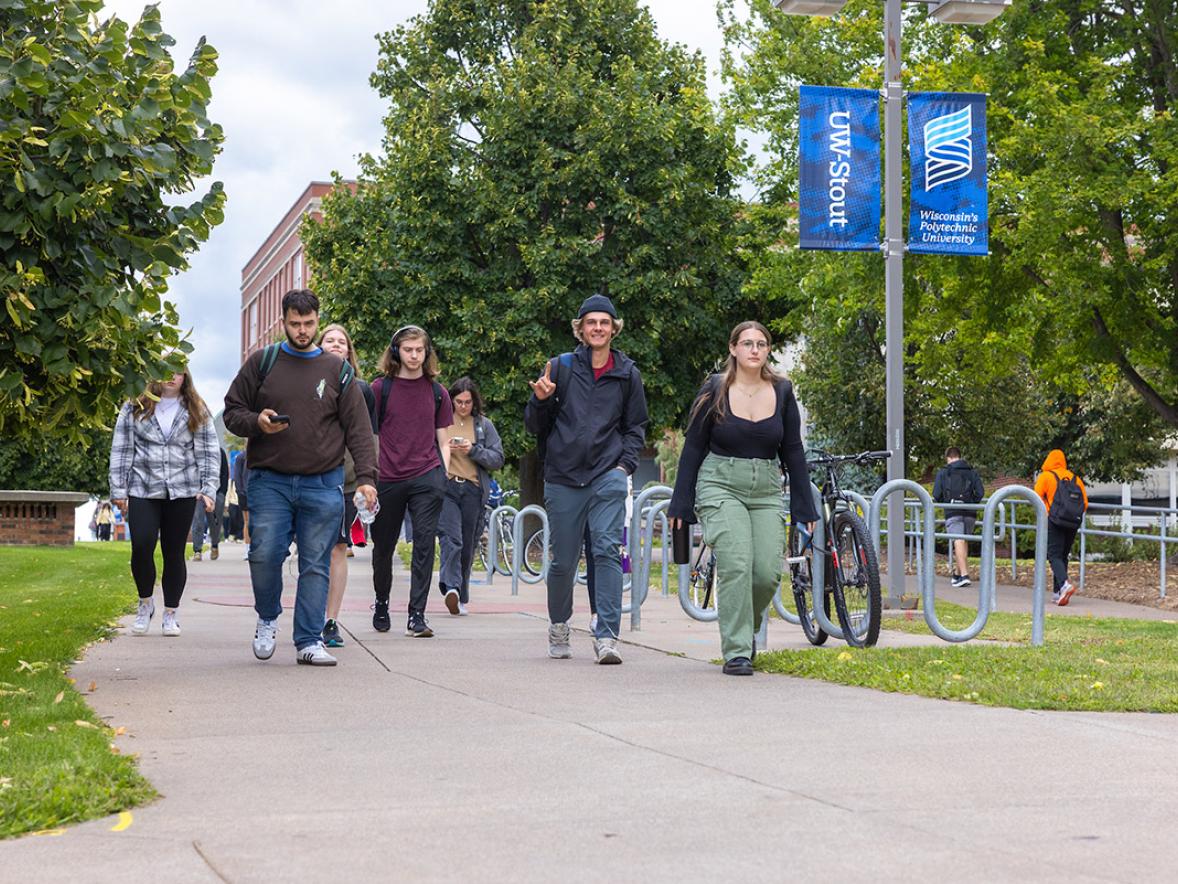This Friday the 13th two University of Wisconsin-Stout student researchers will share their research about that superstitious date.
Psychology major juniors Jacob Dixon, 22, of St. Paul, and Katrina Franda, 20, of Sherwood, will present a study entitled “Friday the 13th is a Mood Changer: How Superstitions, Luck and Mood Influence Decision Making” at the Midwestern Psychological Association meeting.
At the meeting Thursday, April 12, to Saturday, April 14 in Chicago, 13 posters and one talk will be presented by UW-Stout students. A total of 16 student authors will be attending with five faculty authors and mentors.
Dixon and Franda found some significance that the perception of having bad luck made people more likely to participate in risky behavior, and the perception of good luck made people more cautious.
“To me this research shows people still have superstitious beliefs,” Franda said. “I believe some people are luckier than others. I don’t believe it controls me.”
The two will also present “Knock on Wood: Sex Differences in the Application of Superstitious Behaviors,” which indicates women tend to be more superstitious than men. Dixon and Franda hope to continue to research the topic and try to determine why women tend to be more superstitious.
They believe people tend to be superstitious because of the culture and how they were raised to knock on wood, fear black cats and expect bad luck on Friday the 13th.
Associate Professor Kathryn Hamilton, psychology department chair, said the Midwestern Psychological Association is a premier regional conference “that gives undergraduate students a venue to present their research to professionals and students in the field of psychology.
“They will have the opportunity to network with professors from other universities and, new this year, network with our alumni as we are also hosting a social event following one day of the conference,” Hamilton said. “The students have been working on these research projects all year, and in some cases across multiple years, so these presentations are a culmination of many hours of collaboration with fellow students and with professors.”
Dixon and Franda encourage students to take part in research early in their college careers. “The professors always encourage us to learn more,” Dixon said. “It’s a good resume booster.”
Franda began doing research her first year at UW-Stout. “It opens doors for you and gives you relationships with the professors,” she said.
Other presentations at the conference include:
- “Relationship Dynamics in Work Groups,” Macie Neitzel, of Alma, psychology
- “ADHD Diagnosis is Associated with Depressive Symptomology Among College Students,” Samuel Grassman, of Sun Prairie, psychology
- “High School Collision Sport Participation and Attention: An ERP Study,” Emily Line of Stillwater, Minn., psychology; Grassman; Andrew Sabinash, of Milwaukee, psychology; Rochelle Knier, of Oak Creek, applied biochemistry and molecular biology; Desiree Budd, psychology department; Michael Donnelly, psychology department
- “Why Do You Taste So Ugly: How the Flavor of Disgusting Jelly Beans Influences One’s Perception of Attractiveness,” Alison Rivers, of Cottage Grove, Minn., psychology; Madelyn Wozney, of West Salem, psychology
- “Dude, Where’s My Ringing Phone? The Effects of Cell Phone Location and Cell Phone Alerts on Student Learning,” Hamilton; Alicia Stachowski, psychology department; Shawnna Horman, of Onalaska, psychology; Jazmin Jacobson, of Lakeville, Minn., psychology; Zane McDonald, of Alexandria, Minn., psychology; Raquel Schubart, of Neenah, psychology; Sydney Turner, of Wausau, psychology; Clara Winter, of Menomonie, psychology; Alexis McDonald, of Strum, psychology
- “Does the Type of Cell Phone Alert Matter? The Effects of Musical Ringtones on Student Learning,” Hamilton; Stachowski; Hanna Beeves, of Osceola, psychology; Dixon; Nickalas Mechtel, of River Falls, psychology; Meredith Woods, of Osseo, Minn., psychology; Mary Cops, of Kaukauna, psychology; McDonald
- “Ever-present Smartphones in the Classroom: Midwestern Faculty Reflections,” Stachowski; Hamilton; Cops; Dixon; Jacobson; McDonald; Mechtel
- “Perceptions of Smartphones in the Classroom: Midwestern Students’ Reflections on Use and Policies,” Stachowski; Hamilton; Horman; Schubart; Turner; Winter
- “Engaging in Variety: Comparison of Three Exam Review Activities,” Stachowski; Hamilton
- “Instigating Learning! Adding Saboteurs to a Class Activity to Enhance Engagement and Critical Thinking,” Chelsea Lovejoy, psychology department; Tiffany Smith, psychology department
- “Twinkies, Zombies and Cheesy Pickup Lines: Invigorating Interest in the Psychological Research Process,” Lovejoy; Smith; Budd







